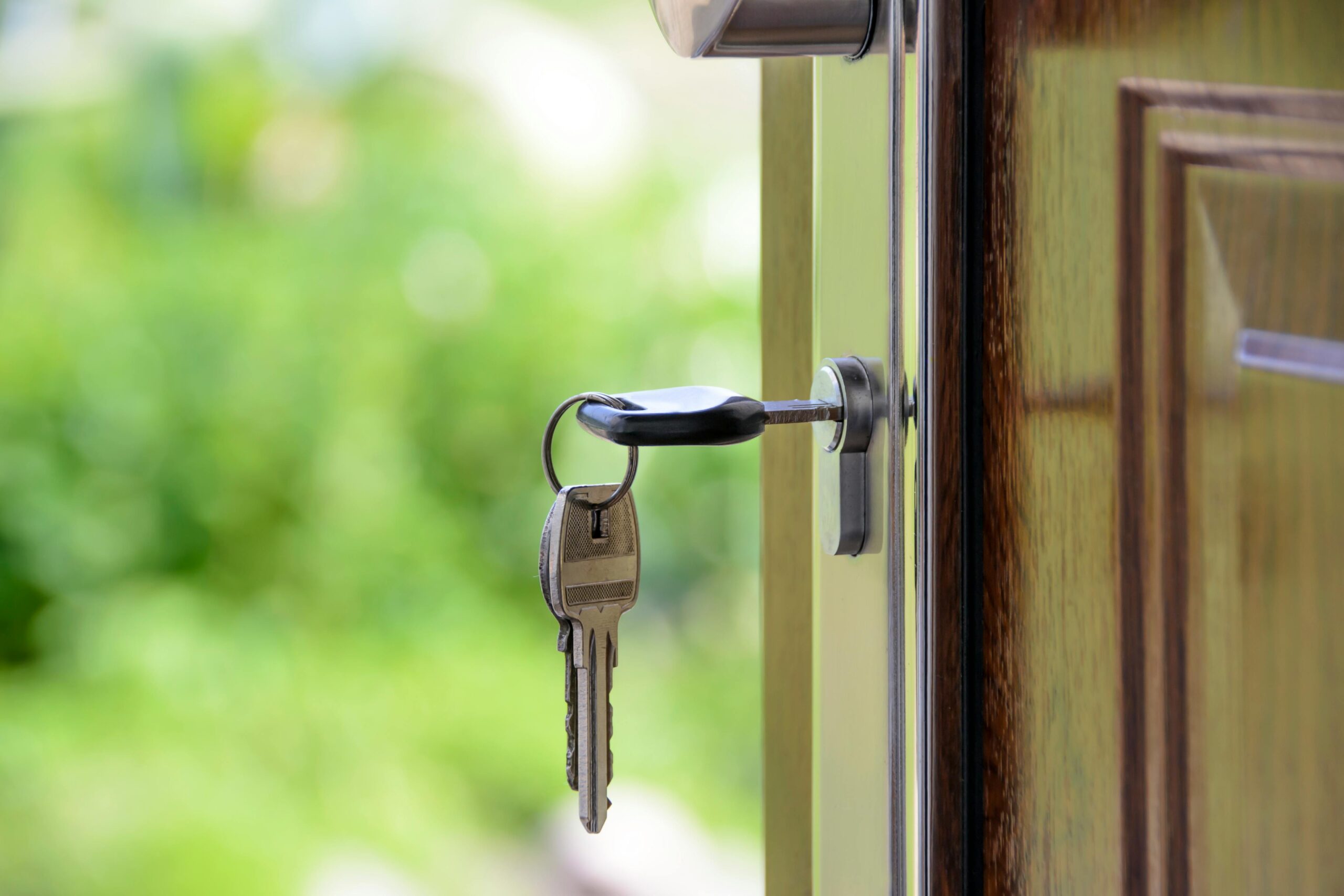
In October 2025, Rhode Island took a significant step toward addressing its ongoing housing crisis by opening applications for the first wave of programs funded through the $120 million housing bond approved by voters in November 2024. Governor Dan McKee announced that approximately $81 million of the bond would be made available immediately, targeting infrastructure, affordable rental housing development, home repair programs, and the revitalization of blighted properties. This initial rollout reflects the state’s larger Housing 2030 strategy, which aims to create or preserve thousands of homes by mobilizing public capital, streamlining processes, and partnering with municipalities and developers to accelerate housing production.
A major component of the first-wave funding focuses on infrastructure. The Housing Infrastructure Program will provide $8 million to help municipalities and developers cover essential site-readiness needs such as water and sewer connections, storm-drainage improvements, and other costly groundwork that often slows or blocks development. Another $1 million is being released through the Municipal Infrastructure Design Initiative to support municipalities with architectural and engineering work, critical steps for advancing local housing plans. With Rhode Island’s aging infrastructure and constrained local budgets, these supports are expected to unlock new projects that have previously stalled due to upfront site costs.
The largest share of funding, approximately $66 million, will be administered by RIHousing through a suite of programs aimed at tackling multiple layers of the housing shortage. These include $12 million for permanent supportive housing, $12 million for small-scale rental developments ranging from 5 to 30 units, $27 million for flexible funding to advance new affordable rental construction, and a combined $10 million for the preservation and rehabilitation of existing affordable homes. Another $10 million is allocated to acquiring and redeveloping foreclosed, vacant, or blighted properties, ensuring that long-neglected parcels can be transformed into viable housing. Additionally, a $6 million home-repair program will help low- and moderate-income homeowners and small landlords make necessary upgrades so units can qualify for federal housing vouchers.
This comprehensive rollout acknowledges the complexity of Rhode Island’s housing challenges, from the need for new construction to preserving existing stock and making homes safe and habitable. State Housing Secretary Deborah Goddard emphasized that these investments are expected to create and preserve thousands of homes across the state, marking a major milestone in fulfilling the voters’ mandate. The swift movement from bond approval to program deployment also reflects the McKee administration’s priority to turn policy into action, removing long-standing bottlenecks in site readiness, financing, and local capacity.
Just the Beginning
The first wave is only the beginning. Rhode Island plans to release another $39 million of bond funds soon, including up to $20 million for homeownership programs, $10 million for public development projects, $4 million for a pipeline-expeditor fund to speed up pre-development processes, and $5 million for a site-acquisition revolving loan fund to help nonprofit developers compete in a fast-moving real-estate market. These additional initiatives aim to support acquisition, speed up development timelines, and expand opportunities for first-time homebuyers, further strengthening the state’s long-term housing strategy.
Challenges still exist, including coordinating among state agencies, municipalities, developers, and community organizations to ensure that funds result in actual homes. Ensuring that smaller communities and rural areas receive equitable support is another priority, and the small-scale rental program is specifically designed to encourage development outside major urban centers. Yet optimism remains high as stakeholders recognize the bond’s capacity to catalyze much-needed housing growth.

By blending new construction, infrastructure investment, preservation, and neighborhood revitalization, Rhode Island is positioning itself at the forefront of state-level housing innovation. The $120 million bond signifies more than just financial investment, it reflects a commitment to stabilizing communities, supporting economic growth, and expanding housing access for residents at all income levels. With the first wave of funding now open, Rhode Island has begun transforming voter support into real progress, laying the groundwork for thousands of new and preserved homes in the years ahead.





